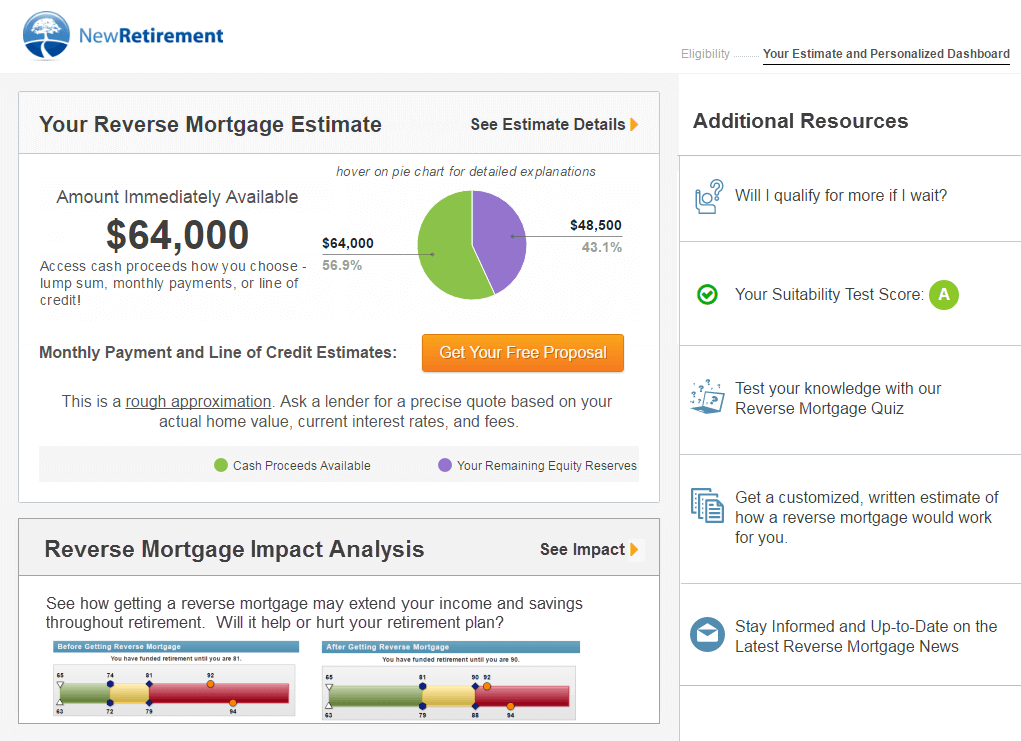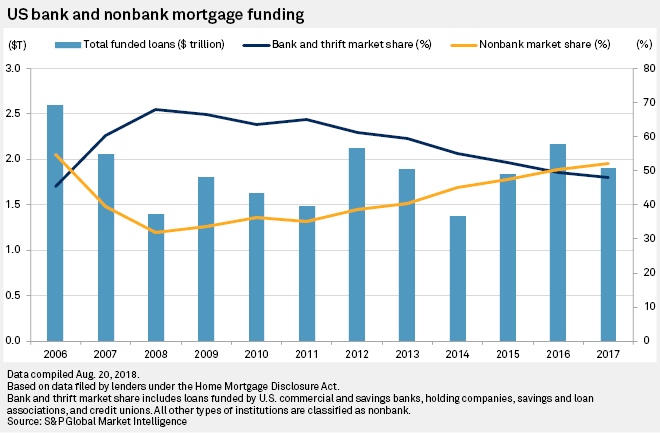If there is no equity in the house, then I would assume she would permit them to take the home if you or any other successors do not want to keep the home at a benefit of. They would organize to take the house either by Deed in Lieu or through foreclosure but Deed in Lieu is much better for the lending institution also.
We have seen borrowers who borrowed more in 2005 2007 than their homes are still worth today. That does not make the loan a bad loan those customers received more cash than their home is currently worth and were enabled to live in their houses for 7 9 years without having to make a single payment and now that the loan is greater than the present value of the house, they are not needed to pay one cent over the present worth towards the benefit of the loan.

A lot of them paid interest on loans that were well above the current value of the homes when the values dropped and some paid up until they might not pay any longer and then they had no home to live in anymore and no cash to begin over. Your mom was ensured a house to live in for as long as she wanted/could and didn't need to pay any regular monthly payments for the whole time she lived there (simply her taxes and insurance coverage) (what do i do to check in on reverse mortgages).
Your mom has made no payments on her loan for the last 9 years. Please forgive me; I am not insensitive to your mother's situation (what metal is used to pay off mortgages during a reset). It just was not the reverse home mortgage's fault that the entire economy broke down and that property worths dropped. I guess I just take a look at it a different method, thank goodness mom had a reverse mortgage and not a forward home loan that might have needed her to lose the home earlier without the protections that she has had.
She can leave at her leisure (another advantage of the reverse mortgage) and then once she is out and you have actually moved all of her personal belongings if none of the other relative desire the home, merely call the servicer and inform them she is out. They will transfer to take the home back and you will not even require the help of an attorney. what banks give mortgages without tax returns.
The 6-Second Trick For What Type Of Insurance Covers Mortgages
A "non-borrower" is an individual who lives in the house but whose name is not on the loan files. Generally, the non-borrower should move when the borrower passes away unless HUD standards qualify them to stay. A "co-borrower" is an individual whose name is on the loan documents together with the property http://holdenuldx898.iamarrows.com/unknown-facts-about-how-do-first-and-second-mortgages-work owner (applicant).

The sharp recession in the property market has actually impacted countless Americans, and elders are one of the groups most affected. This is especially real of seniors who have so-called "reverse mortgages." This type of home mortgage can potentially be a great way for people over the age of 62 to get cash out of their houses.
Reverse home mortgages are not new. But older house owners are progressively relying on them to enhance their circumstances later in life, particularly throughout a down economy. These types of mortgages, also called Home Equity Conversion Mortgages (HECMs), enable people to withdraw a few of their house's equity and get it as a swelling amount, in monthly payments, as a credit line or a combination of these alternatives.
House owners qualified for reverse mortgages must be at least 62 years old and have to own the residential or commercial property or have a very little impressive home mortgage. The property ought to be their primary home and property owners should be free of any defaults on federal financial obligations. Homeowners should also go to an educational session about reverse mortgages before filing any HECM loan applications.
Due to the fact that of a rash of lender foreclosures on primarily senior house owners holding reverse home mortgages, the AARP Foundation took legal action against the Department of Real Estate and Urban Advancement (HUD), challenging a guideline that had the impact of contributing to foreclosures. The guideline required a beneficiary to pay the complete mortgage balance to remain in the home after the borrower's death, even if the amount was more than the marketplace worth of the home.
Facts About How A Simple Loan Works For Mortgages Revealed
Reverse home loans can be pricey and complicated for senior homeowners, as they stand out from conventional home loans. Also, a reverse home mortgage can sometimes deplete all of the equity in the houses if the property owners extend the reverse mortgage over too long of a duration. This typically emerges where the house owner takes a reverse mortgage on an assumption of life span, however survives well past the expected death date.
This has been specifically true for newly widowed homeowners, and some successors of debtors, because of lending institution compliance with an odd HUD rule that was instituted in 2008. Prior to the guideline modification in 2008, HUD had followed a policy that borrowers and their successors would not owe more than a house's value at the time of payment.
The 2008 guideline specified that making it through spouses, in order to keep their houses, needed to pay off the reverse mortgage balance shortly after the deaths of their partners. This held true regardless of whether or not the enduring spouse's name was on the loan, and no matter the home's then-current value.
That circumstance, and the associated HUD rule, is what prompted AARP to sue HUD. AARP formally challenged HUD's action in changing this rule, arguing that it was done arbitrarily by letter, instead of through the needed administrative treatment. The suit even more declared that HUD's guideline modification broke securities formerly permitted widowed partners to prevent foreclosure.
AARP hoped this would avoid additional illegal foreclosures from reverse home mortgages due at the time of a customer's death. donate timeshare In April 2011, HUD rescinded the 2008 rule that needed surviving spouses not named on the property's title to pay the complete loan quantity to keep their houses. The implications of this change are not yet totally clear.
The Main Principles Of Find Out How Many Mortgages Are On A Property
But it is necessary to talk with a skilled realty attorney to know where you stand. Reverse home loans must offer older homeowners more monetary liberty, but when they fail this purpose, they can regrettably leave elderly people both homeless and defenseless. Elderly Twin Cities homeowners thinking about getting in into a reverse mortgage agreement need to seek advice from knowledgeable Minnesota realty attorneys like Burns & Hansen, P.A. who took over abn amro mortgages.
In addition, if you already have a reverse home mortgage on your house, you should discuss your circumstance with a lawyer experienced in these types of home loans to make sure you and your partner are protected if one you passes away or if your home Learn more here loses equity since of the slump of the property market.
A reverse home loan is a method for homeowners ages 62 and older to take advantage of the equity in their house. With a reverse mortgage, a house owner who owns their home outright or at least has significant equity to draw from can withdraw a part of their equity without needing to repay it up until they leave the home.